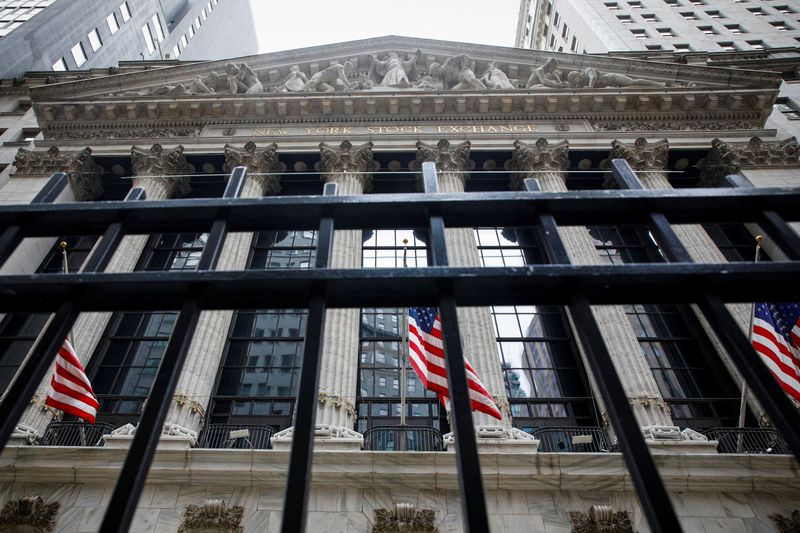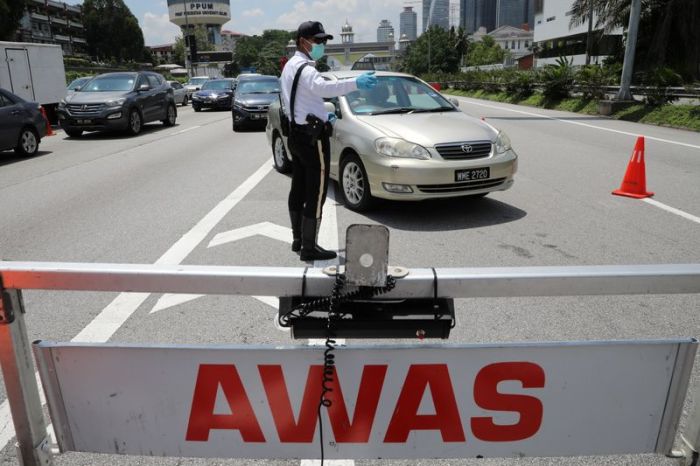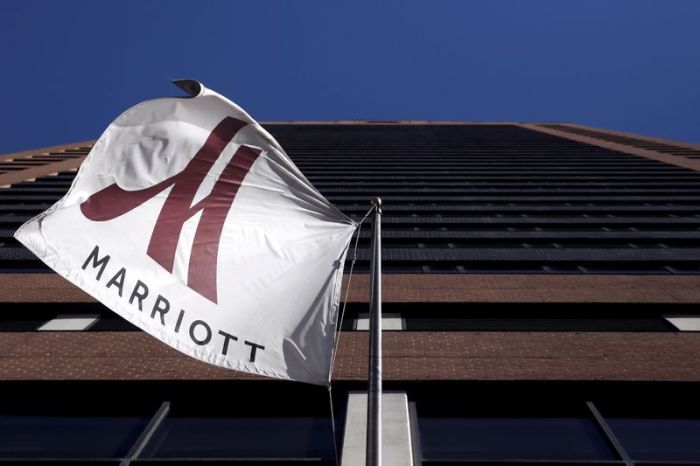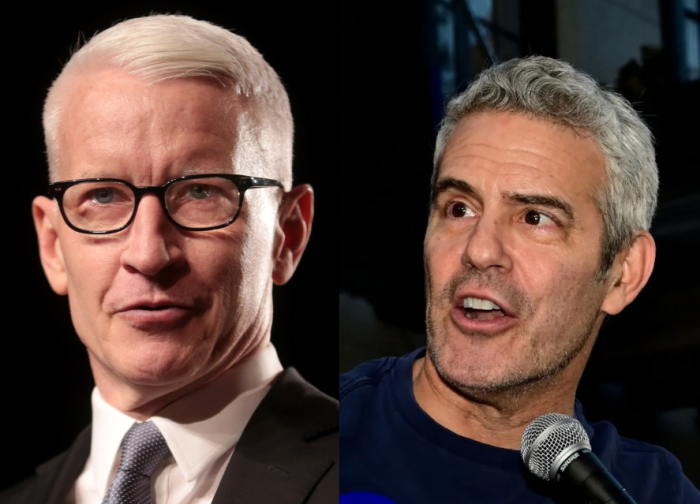NEW YORK (Reuters) – Wall Street closed lower on Monday as inflation jitters drove investors away from market-leading growth stocks in favor of cyclicals, which stand to benefit most as the economy reopens.
Industrial and healthcare shares limited the Dow’s decline but the blue-chip average reversed course late in the session to snap a three-day streak of record closing highs.
“The market leadership is not doing all that well this year,” said Paul Nolte, portfolio manager at Kingsview Asset Management in Chicago. “There’s been a general rotation away from growth to other parts of the market.”
A demand resurgence is colliding with strained supply of basic materials, helping to fuel inflation worries.
“Once the supply lines are rebuilt this will go away. But it’s going to take some time,” Nolte added. “It’s different from flipping on a light switch.”
The break-even rate on five-year and 10-year U.S. Treasury Inflation-Protected Securities (TIPS) touched their highest levels since 2011 and 2013, respectively.
“There’s still some push and pull as to whether the market believes inflation is transitory or something that’s going to stick around,” Nolte said.
Inflation concerns will be in the minds of investors when the Labor Department releases its latest CPI report on Wednesday.
A shutdown to halt a ransomware attack on the Colonial Pipeline entered its fourth day, hobbling a network which transports nearly half of the East Coast’s fuel supplies.
The Dow Jones Industrial Average fell 34.94 points, or 0.1%, to 34,742.82, the S&P 500 lost 44.17 points, or 1.04%, to 4,188.43 and the Nasdaq Composite dropped 350.38 points, or 2.55%, to 13,401.86.
Of the 11 major sectors in the S&P 500, six closed red. Tech was the biggest loser, sliding 2.5%.
First-quarter reporting season has entered the home stretch, with 439 of the companies in the S&P 500 having reported as of Friday. Of those, 87% have beaten consensus expectations, according to Refinitiv IBES.
Analysts now see year-on-year S&P earnings growth of 50.4% on aggregate, more than double the rate forecast at the beginning of April and significantly better than the 16% first-quarter growth expected on January 1, per Refinitiv
Hotel operator Marriott International Inc missed quarterly profit and revenue expectations due to weak U.S. bookings which offset a rebound in China. Its shares fell 4.1%.
After the bell, its rival Wynn Resorts Ltd missed quarterly earnings and revenue estimates. Its shares were up in after-hours trading.
Electric vehicle stocks put on the brakes, with Tesla Inc down 6.4% and Fisker off 9.0% after Workhorse Group missed quarterly revenue expectations. Workhorse lost 14.9% on the day.
FireEye rose 1.2% after industry sources identified the cybersecurity firm as among those helping Colonial Pipeline recover from the recent cyberattack.
Declining issues outnumbered advancing ones on the NYSE by a 1.88-to-1 ratio; on Nasdaq, a 3.24-to-1 ratio favored decliners.
The S&P 500 posted 223 new 52-week highs and no new lows; the Nasdaq Composite recorded 208 new highs and 148 new lows.
Volume on U.S. exchanges was 10.97 billion shares, compared with the 10.20 billion average over the last 20 trading days.
(Reporting by Stephen Culp; Additional reporting by Medha Singh and Sruthi Shankar in Bangalore; Editing by Lisa Shumaker)

























